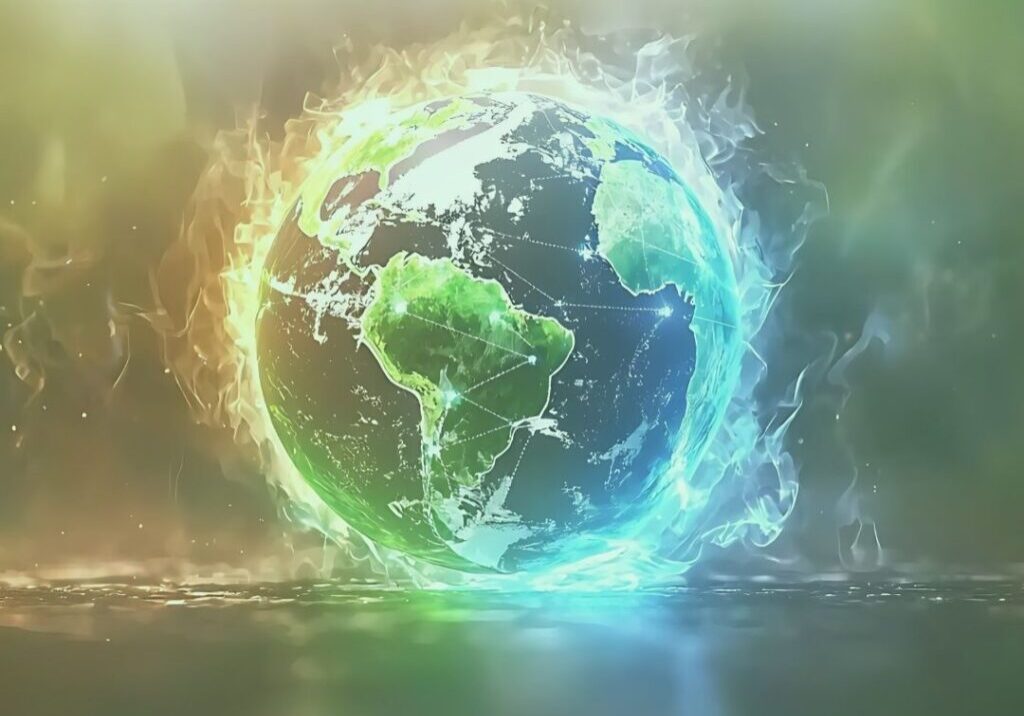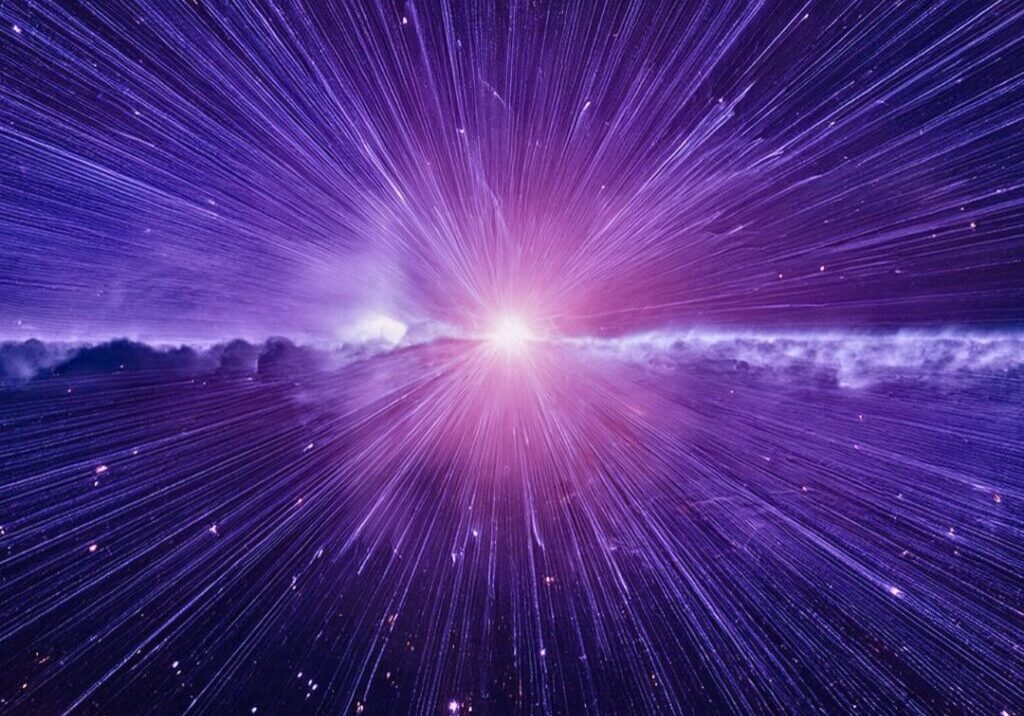Easter Message: Faith-Shaking Resurrection
The celebration of Easter marks the most incredible event in this history of the cosmos summed up in a brief acclamation: “Christ has died, Christ is risen, Christ will come again.” Jesus rises from the dead and returns to empower his disciples with a new energy and a new direction: Go out to the whole world and proclaim the Good News (Mark 16:15). What is the power of the risen Christ in an evolutionary universe? What does this power mean for the human community, the earth, and the universe itself? The message of Easter is a claim that something new has come into the world. The events leading up to Easter are bathed in sorrow, suffering, and the anxiety of death, and Jesus makes no pretension about the struggles of his path: “All of you will have your faith shaken” (Mk 14:27).
Christianity is a destabilizing religion. Jesus lived out of a deep center of mission, kindled by the love of God, yet a mission not clearly perceived. His was a life of trust and creative tension, keenly aware that he was a breadth away from death as he entered into Jerusalem. In the time of Jesus, many Jews expected a general resurrection at the end of history, an idea supported by the prophets Isaiah (26:19) and Daniel (12:2; cf. Jn 11:24). But nobody expected the resurrection of a single person in the middle of history—a resurrection that was not merely a temporary revival but a new life (Rom 6:9). This event was radical, like a divine Big Bang.
Twentieth century theologian Paul Tillich wrote, “Christianity is the message of the New Creation, the New Being, a New Reality which has appeared with Jesus of Nazareth.” Christ is the One who ushers in a new way of life. According to Tillich: “Christianity is more than a religion; it is the message of a New Creation.” Thus to live in the Risen Christ is not to be dogmatic, entrenched in static beliefs, or focused on sin. It is simply to express by one’s life that you have seen something new and you want to tell others what you have heard: that in the midst of the old creation there is a New Creation, and that this New Creation is manifest in Jesus who is called the Christ.
German theologian Wohlfart Pannenberg said that “If Jesus has been raised from the dead, then the end of the world has begun.” That is, the resurrection of Jesus Christ anticipates the destiny of the cosmos—a new field of divine-created energy permeating the cosmos. The resurrection happens in the present moment but it is a present moment bathed in future, a new relationship with God, a new union, a new wholeness for the deepening of life, or as one writer said, the resurrection is “the invasion of the present by the power of what is yet to come.”
Christianity is about new life. It is about the fulfillment of God’s promise and hope for new creation and, as far as we know, we are the one species on the planet who can respond to God’s grace in freedom. Resurrection is not an event that might happen in some remote future, but it is the power of the New Being to create life out of death, here and now, today and tomorrow. Where there is New Being, there is resurrection. Resurrection happens now, or it does not happen at all. It happens in us and around us, in persons and history, in nature and universe. We who say “yes” to the dying and rising of Jesus Christ say “yes” to our lives as the stuff out of which the New Creation can emerge. We are the continuation of Christ in evolution and the direction of evolution depends on our choices and actions. We are to give ourselves to Christ and to his cause and values, which means not losing the world but finding it in its deepest relation to God.
Wishing you trust and freedom to do new things, for God is making all things new!
 View print-friendly version
View print-friendly version
4 Comments
Related Posts

The Earth Groans, AI Grows: Who Guides the Flame?
In this critical moment of planetary history, where ecosystems collapse, artificial intelligence proliferates, and human meaning trembles on the edge of uncertainty, we are faced with a profound question: What kind…


Reply to Susan Masiak: “Perhaps we could focus not so much on Jesus’ unique importance in resurrecting, but on what he taught — how to live in the Kingdom; something that requires consciousness (St. Paul’s urging to be awake, etc) in acting from who we really are. Perhaps Christianity would not be diminished by seeing it as one cultural expression of a far broader truth. ” Your words resonate deeply with me and I thank you for them–for so many reasons.
Eileen Lundy
I find this a much more meaningful explanation of Resurrection than the standard Easter ‘message’. I do question how different this Resurrection truly is from the ongoing (slowwwwly, to be sure) development of human consciousness of our connectedness to all which is the basis for the eastern view (i.e., the Buddhist view). I realize the language is different but isn’t the reality the same? Living in consciousness of what Rohr calls our ‘true’ self, is not limited to Jesus’ resurrection; it’s been growing through a cultural (as well as physical) evolutionary process expressed (at least in ways we can understand) primarily in humans, Sanskrit meditation and writings, Yoga, etc. Perhaps we could focus not so much on Jesus’ unique importance in resurrecting, but on what he taught — how to live in the Kingdom; something that requires consciousness (St. Paul’s urging to be awake, etc) in acting from who we really are. Perhaps Christianity would not be diminished by seeing it as one cultural expression of a far broader truth. Thanks, Susan Masiak
Thank you for sharing your gift of Understanding. Your spirit awakens mine and I gratefully trust, love and live more fully into this purpose to be here now. Happy Easter to you and all who join you on this journey.